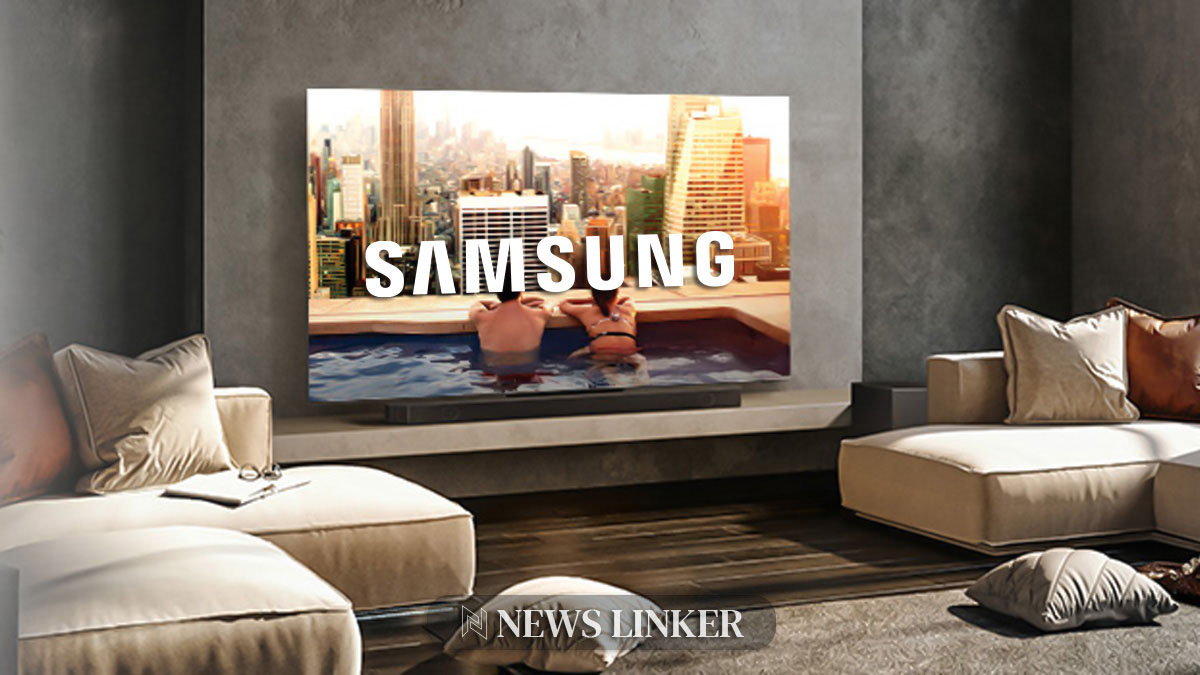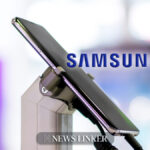In an unprecedented shift in the global smartphone market, Apple has outpaced Samsung in annual shipments for the first time. This breakthrough is particularly striking in South Korea, where Apple has attained a historic peak in market share, casting a shadow over Samsung’s domestic dominance.
Significant Market Shift in South Korea
Recent findings from Counterpoint Research reveal that Apple has surpassed the 25% threshold in South Korea’s smartphone market share, marking consistent growth over the past years. Apple’s share has been increasing annually by 1% since 2020, with a notable jump of 3% points in 2023 alone. Meanwhile, Samsung has experienced a dip, losing 2% points in the same period. Despite this, Samsung maintains a significant lead with 73% of the local market.
The MX Generation’s Preference for iPhone
Apple’s surge in South Korea is largely driven by the MX Generation—consumers in their 20s and 30s. An overwhelming majority of iPhone 15 pre-orders came from this demographic, contrasting with Samsung’s Galaxy S24 series, which attracted an older customer base. Notably, the high-end iPhone 15 Pro Max, despite its steeper price compared to the Galaxy S24 Ultra, has witnessed robust sales in the country.
Further solidifying its presence, Apple has launched several retail stores in South Korea. Starting with Apple Gangnam, followed by the Apple Hanam store, and recently adding the Apple Hongdae store. In a direct challenge, Samsung inaugurated its own flagship store in the Gangnam district. However, the Samsung Gangnam store has not met expectations, with experts and insiders deeming it unsuccessful.
Apple’s strategic expansion and product appeal to younger generations are reshaping the smartphone landscape in South Korea, a traditional stronghold for Samsung. The iPhone’s increasing popularity underlines changing consumer preferences and presents a challenge to Samsung’s long-standing market leadership in its home territory.










